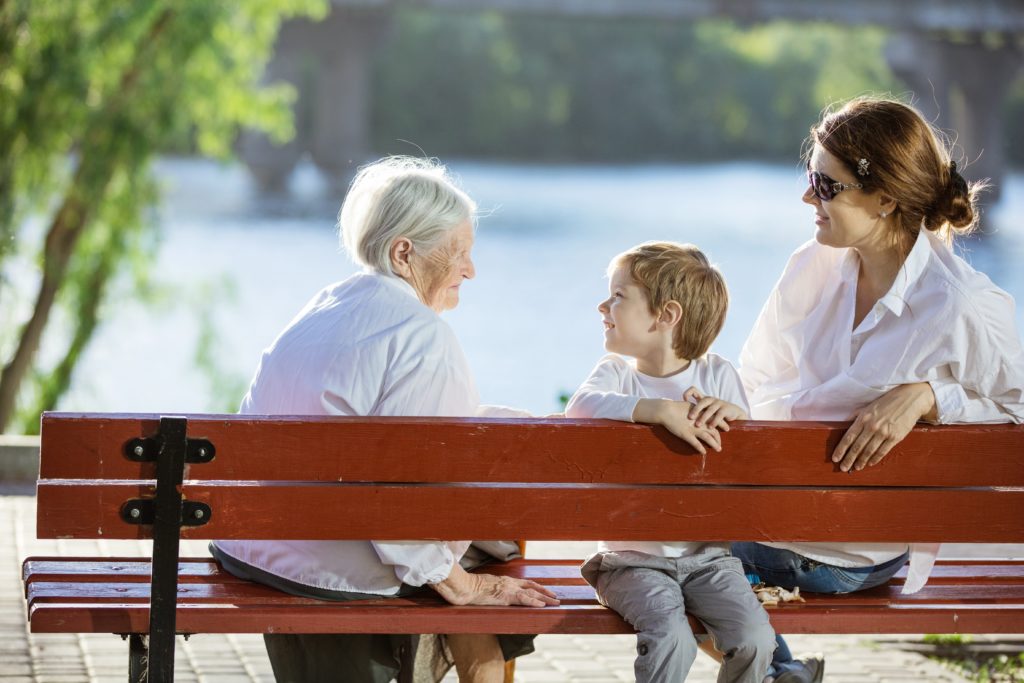Trauma Event Examines Transmission of Trauma to Future Generations

JFS offered “Impact of Trauma from Generation to Generation,” a series of Zoom presentations featuring Dr. Irit Felsen. During the series Dr. Felsen, an internationally recognized expert in the field of intergenerational trauma and herself a child of Holocaust survivors, presented to interested members of the our community as well as professionals who work with trauma survivors and their children.
Close to 100 people attended the first session on Thursday evening, Through the Lens of the Holocaust: Trauma and Intergenerational Trauma. View the presentation here. Dr. Felsen described how survivors of the Holocaust suffer not only from the trauma of their war time experiences, they also suffer from the subsequent trauma of living with post-traumatic stress syndrome (PTSD) for many, many years after the original trauma. Trauma is then experienced by the next generation as they suffer the consequences of living in a family dominated by their parent’s PTSD. Much of the research and knowledge in this field of intergenerational trauma comes from research with Holocaust survivors.
The second session on Friday night, 2G and 3G: Sharing a Unique Legacy, was an opportunity for a very small group of less than 20 children and grandchildren of Holocaust survivors to talk openly with Dr. Felsen about their experiences growing up in a survivor household.
On Friday morning Dr. Felsen spoke to nearly 150 people during the session Historical and Intergenerational Trauma. View the presentation here. This presentation was targeted at healthcare professionals such as social workers and included more details about the research on living in a family dominated by the effects of wartime trauma-induced PTSD. Dr. Felsen’s remarks were followed by an interactive panel of four survivors. One was a direct survivor of the Rwandan genocide, the other three were later generation survivors, coming from Holocaust, Indigenous and African-American experiences. Attendees were able to earn CEU credits for participating in the sessions.
During the final session on Friday, over 75 people attended Family Dynamics and Difficult Issues in Treating Holocaust Families. View the presentation here. Dr. Felsen elaborated on the potentially difficult dynamics that can develop between siblings as they each react differently to the trauma carried by their parents. Often each child develops their own unique approach to what they perceive as the best way to protect and care for their traumatized parent. These starkly different approaches can lead to animosity and significant family tension. This session was also directed towards healthcare professionals. Attendees were able to earn CEU credits for participating.
The program was funded by a grant from Jewish Federations of North America. Cosponsors with JFS of the two day program included Jewish Family and Children’s Service of Minneapolis, Hamm Clinic, Jewish Community Relations Council of Minnesota and the Dakotas, Sholom Alliance and St. Paul JCC.
